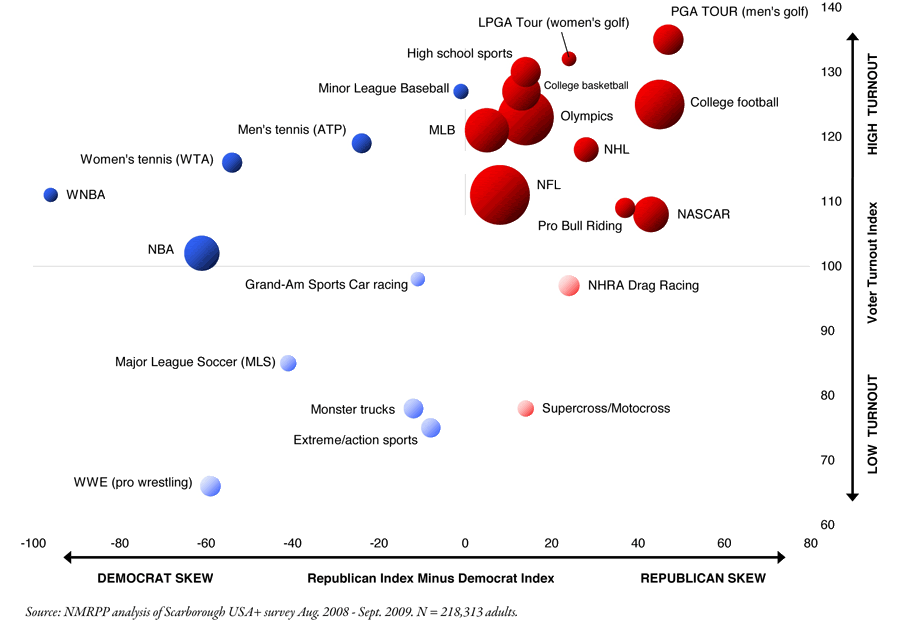My FINAL UPDATE for US readers. In case this seems like a parochial issue, you ought to know that the Chief Executive of News International at the time when all these scandals took place was Les Hinton (pictured below), who is now is the publisher of the Wall Street Journal for Murdoch. Follow his scandalous coverup in Media Matters. Also Andy Coulson, former editor of News of the World and Prime Minister David Cameron’s former Head of Communications will be arrested tomorrow.
AMAZING NEWSFLASH! The News of the World (commonly known as ‘News of the Screws’ because of its salacious coverage) is to be axed for good. Though it was the biggest selling English language paper in the world, many major companies including Tesco had refused to advertise in it and the brand was damaged for good. This of course is a blow for the Murdoch Empire, but a tactical retreat. The pressure isn’t off. But it’s killed his main Sunday Paper in the UK
Full transcript of James Murdoch’s statement is here. But John Prescott, former Deputy PM whose phone was allegedly hacked too has said on BBC:
“a typical management stunt of Mr Murdoch. None of the management are going, all the poor old workers are going”.
Meanwhile the current Justice Minister, Kenneth Clarke has just said when doorstepped:
“All it will be is a rebranding exercise”
***************************************************
It’s just been announced that because of over 100,000 submissions against Rupert Murdoch’s acquisition of the satellite channel BSkyB, government approval by our Culture Secretary Jeremy Hunt – largely expected this week – will have to be deferred several months. The Government are still arguing that revelations of illegal activity among senior News executives should not affect the principle of the takeover – but everything is to play for.

(Left to right, Les Hinton, Andy Coulson, Rupert Murdoch and Rebekah Brooks together in 2005)
This could be a crucial moment for press freedom and media plurality in the UK. Murdoch’s takeover the largest broadcaster (by revenue) in the UK, would have given him a unique cross platform monopoly. Thanks to series of favours by cowed and appeasing politicians (especially Margaret Thatcher) Murdoch’s News International has been allowed to accumulate nearly 40 percent of the newspaper market. He also has key sports and film rights in the UK. A combination of BSkyB and News International would have made him much more powerful in the UK than Berlusconi is in Italy – and at least Berlusconi is an Italian citizen.
Steve Richards in the Independent puts it better than I could in his piece today ‘Politicians are finally free from Murdoch’s tyranny‘
The tyrants lose their swagger and those that lived in fear dare to speak out. The dynamics of the News International saga are similar to the ones that shape the fall of dictatorial regimes, except in this case it is some mighty media executives who are suddenly fearful and the politicians who are liberated.
Yesterday’s exchanges in the Commons were ones I thought I would never witness. They are of historic importance. Senior elected politicians dared to challenge the powerful Murdoch empire and there was an air of catharsis as they did so.
For more on Murdoch’s corrosive and corrupting effect on British journalism, and and his coarsening of public life and politics in the UK, follow me below the flip.





